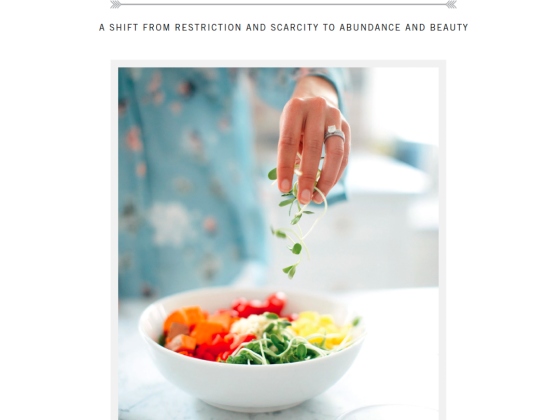In the midst of a prolonging pandemic, it can be difficult to look on the bright side. From holiday parties to vacation plans to other important life events being cancelled, there’s so much uncertainty when everything will go back to normal. Yet, becoming resilient and reclaiming hope is more important than ever in these trying times. Research in the new Colgate study, “State of Optimism in America”, showcases that despite the coronavirus cancelling plans for many young adults, they are experiencing a shifting mindset as the pandemic unfolds. Individuals are embracing optimism and looking to the future with curiosity, openness and hope.
One of the partners of the study, Dr. Deepika Chopra, PsyD, a professional psychologist known as the Optimism Doctor® says you don’t have to be happy all the time to be an optimist. “An optimist is someone that acknowledges their emotions, even those of grief, anger, frustration, sadness, and anxiety –– but at the same time is able to hold hope for a better outcome or that things will change, she says.” While some optimism can be influenced by genetics, the majority can be learned. Below, she provides 5 simple steps to cultivate optimism in your daily life.
1. Be Compassionate to Yourself
It is so important to remember that there is no right way to be or feel. “Whether you are feeling joyful, sad, hopeful, frustrated, angry, scared, or anxious –– lean into it with empathy. The best first step is to treat yourself with compassion rather than adding on stress, guilt and shame, which will only exacerbate the emotion or situation at hand,” says Dr. Chopra. She recommends being kind to your emotions, as sometimes they are there to guide you. Try and listen to what you are in need of to feel better –– it could be resources, support, or even some rest.
2. Spend More Time Outdoors
“Research shows that spending just 2 hours on average a week outdoors helps to boost mood and decrease stress and anxiety.” says Dr. Chopra. The average American spends 90% of their life indoors, and as they age, they are more inclined to not venture out. Find ways to incorporate more sunshine and greenspace in your life –– it can be as simple as going for a walk or sitting on your front doorstep.
3. Focus on Your Strengths
There are a lot of situations which are not in your control, but your day-to-day actions are in your control. Dr. Chopra says, “Try and focus on things that you are good at, your strengths, and put trust in your skills and the competence that you have built. I like to do this by having clients make a “ta da” list or a “I did it” list rather than a “to do list”. At the end of the day, see if you can jot down all the things you actually got done, no matter how small! This is a great way to increase the areas where you do have control and also build self mastery and confidence.”
4. Seek out Things that Make You Happy
“I believe in cultivating more joy, if there is something that brings you joy and it is not hurting you or anyone else, then do more of it! Sometimes it is hard for us to realize that we can be upset and create joy at the same time. Understanding this duality is a very important piece of increasing optimism and resilience,” says Dr. Chopra. Start doing small things that make you happy, like dancing to your favorite song or re-watching a nostalgic move.
5. Engage in Random Acts of Kindness
A great way to boost mood and feel a sense of purpose is to do something kind for someone else. By engaging in one random act of kindness, you are sparking a cycle of kindness and inspiring positive action. “There are plenty of ways to do this on a micro and macro level –– even virtually or in a socially distanced way. Donating to causes we believe in, getting involved on community boards, helping high risk neighbors get essentials, writing letters, and just picking up the phone and asking how your friends are doing are all ways to ignite positive change in the world,” says Dr. Chopra.










